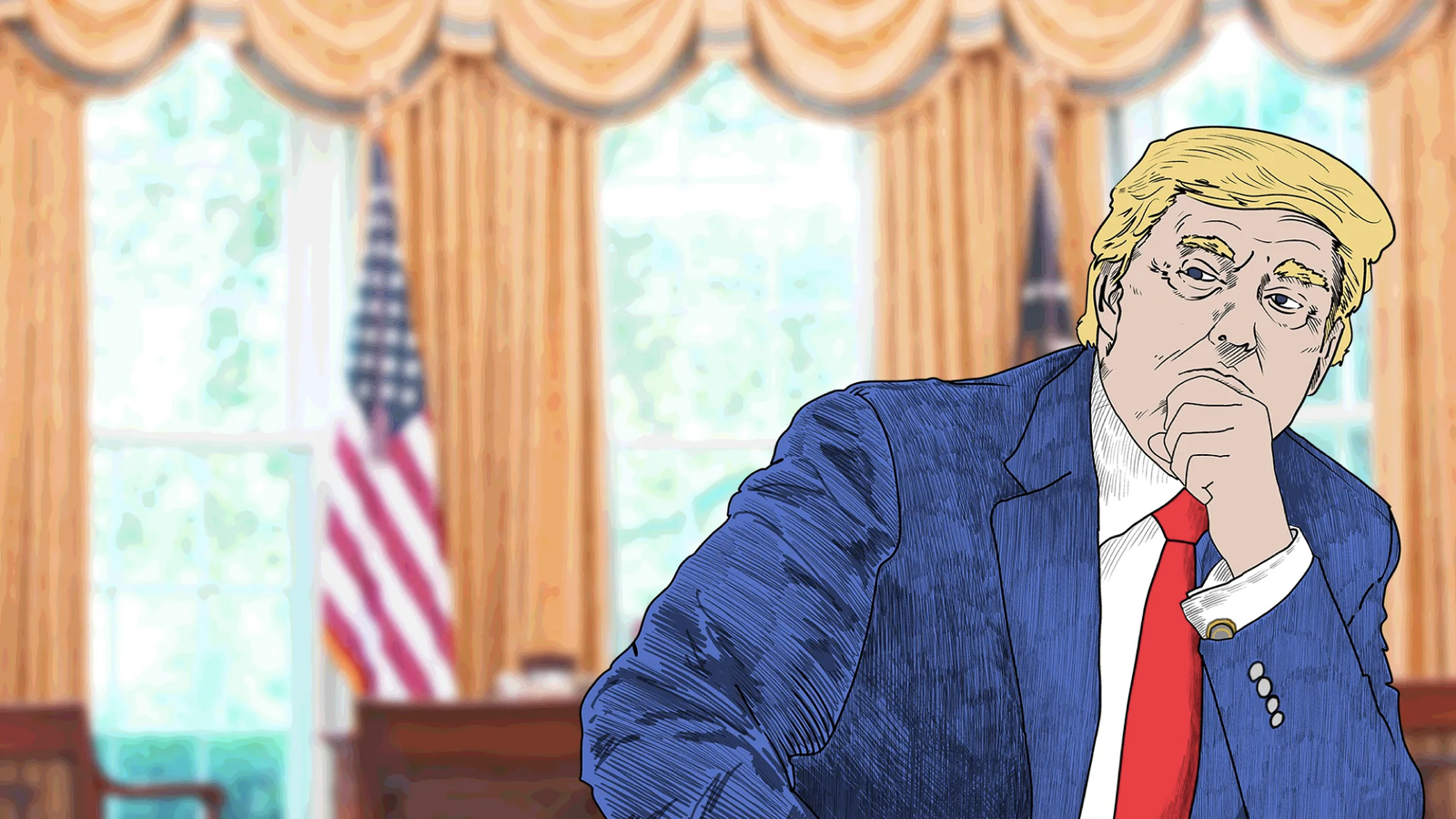As we go into the new year there is some good news. On the political side, it seems the Ukraine war may be winding down and that the Hamas-Israel conflict may reach some conclusion. Yet, in January the global economic uncertainty of a Trump takeover looms. He has already sounded the bugle for his two close neighbours Canada and Mexico (25 percent tariffs) unless they control immigration and drug routes to the US. This is easier said than done given the porous borders both countries share with the USA. In his typical unilateral style, Trump has also threatened the BRICS group with tariffs if they try to bring down dollar dominance in the world ( as if this was planned by anyone!). While it is difficult to know what exactly Trump will actually do given the track record of his previous term, there is no doubt that multilateralism means nothing to Trump whether it is in international politics (will probably weaken NATO) or economics (WTO). It is a clear sign that he wants to return to the US unilateralism of the 1950s and thus play to the galleries who voted for MAGA. How will this actually play out and does the US have the same political-economic power it wielded in the 1950s?
Even prior to Trump one thing was clear: we are now in the era of geo-economics rather that geopolitics. This process began as far back as the 1990s with the end of the Cold War, the declining importance of oil as an economic weapon in the hands of developing countries and the increasing importance of global trade with the establishment of the WTO in 1995. So economic issues now take precedence over political issues. To take a few examples, in the Ukraine war Russia was convinced to end embargo on Ukraine’s grain trade as that would have led to a flare up in global food prices and especially hurt the poor countries. In return, Russian oil exports were exempted from the embargo as long the price did not exceed $ 60 per barrel. So, the world was assured of continuing oil supplies. Again, as Israel ratcheted up its conflict with Iran, it was prevailed upon (by the USA in general) to avoid hits on nuclear and oil facilities. Hits on oil installations would have brought another bout of global inflation at a time when the global economic scenario is bleak if not outright recessionary.
In most media, the focus seems to be on what the world would look like after Trump takes over. I will look at this from both the economic and political point of view.
The main fear seems to be trade disruption as Trump raises tariffs. How important is this? As far as commodity trade is concerned this fear is over blown. For one, as per data of the World Trade Monitor (WTM), the US share in world imports is down to about 13 percent from around 20 percent in 2000. Second, as beautifully brought in a briefing of the Geneva based Global Trade Alert, in 2022 for only a few countries was the dependence on US exports higher than a country’s overall export dependence. If both numbers are high this would indicate that a closed US market would severely impact a country’s GDP. Very few countries fall in this category ( Cambodia and Nicaragua) though countries like Canada and Mexico are highly dependent on exports to the US. Interestingly, China and Germany do not. In addition, the briefing shows that for most countries, non US exports have been growing faster than US exports between 2012-2022. In other words, most countries have grown out of their dependence on the US market and Trump may actually push greater interdependence of the non-US world. So, a WTO minus the US? Not completely unrealistic at least for commodity trade.
Third, in non-commodity trade (services) where US is still dominant , Trump’s tariffs may lead to great dependence of the US on the rest of the world. A well-known equation of balance of payments tells us that a countries saving-investment gap equals its balance on trade and service trade, net factor income from abroad and international transfers (remittances). If the US commodity trade balance improves (due to raised tariffs) then, as long as long term factors like investment and savings behaviour of US residents does not change, its services trade balance must deteriorate. So, this would be highly beneficial to countries which are major service exporters to the US. Three countries immediately come to mind: Switzerland, UK and India. So mere tariff increases may satisfy Trumps political agenda but will have little impact at the global level: Canadians and Mexicans may rush to the US, Indians need not!
What about global politics? Here, Trump’s unilateral and commercial approach to international politics may lead to an early settlement of both the middle east and the Ukraine crisis. Recent media reports seem to indicate that this may actually be happening.
So what does the world look like as Trump takes over? Not much change really though multilateralism will take a major hit as the USA continues to stall the dispute settlement process. On the other hand, in international politics, the end of multilateralism might be a blessing in disguise as most regional political conflicts are driven by multilateral ideological conflicts of the Cold War era. Possibly the greatest loss will be in multilateral negotiations on climate change: this is sorely needed and hopefully civil society in the US will overcome Trump’s negativity. In economics, however, it seems the world has moved beyond the US. If the past is any indication, most of Trump’s rhetoric is mere bluff and bluster. Time to call it as such.
Manoj Pant
Visiting Prof., Shiv Nadar University


💬 Comments
Share your thoughts on this policy
No comments yet. Be the first to comment!